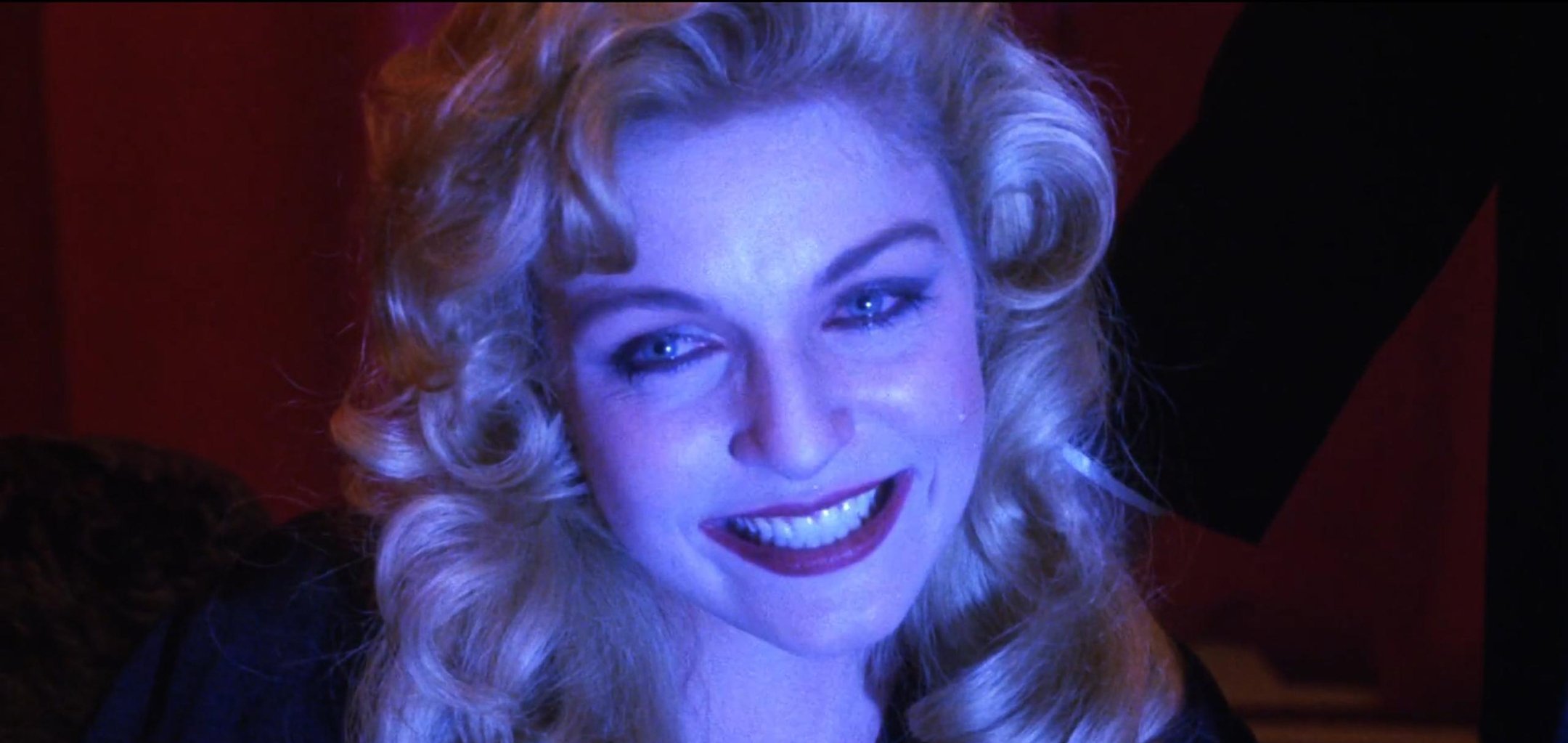Indecent Proposal’s larger philosophical question is trite to even ask: Can money buy love? But the film’s consistent touchstone, where it returns again and again, is the social implications of the buying and selling of our bodies.
Diana (Demi Moore) and David (Woody Harrelson) are high school sweethearts, now grown but still in the depths of sexual and romantic bliss. Their biggest “fights” are about David littering the floor with dirty laundry, and even these spats end in sex on the kitchen floor.
Their love, at first, is strong enough to be unfazed even by financial duress. A recession looms. Loans cannot be paid. Desperate times call for gambling in Las Vegas with the five grand David was lent from his father. But the two remain sturdy until they meet the charismatic billionaire gambler, John Gage (Robert Redford), who propositions Diana and David: for a million dollars, he would like one night of intimacy with Diana.
The couple agrees to the night, though in romantic promises that it is for each other. Diana insists that it will just be sex; specifically sex to fund David’s dreams of building his architectural masterpiece of a home. When Gage has Diana alone, he tells her he offered the unfathomable sum to prove a point: “I bought you because you said you couldn’t be bought.”
Diana reiterates that it will just be sex, but after the evening is through, it’s quickly apparent that the exchange has come at the cost of David and Diana’s once sturdy relationship. David is overcome with jealousy, and Diana is often cagey about the night’s details while Gage keeps her in his wake in hopes of seeing her again by foiling the happy life she was promised.
Indecent Proposal is clearly not a movie about sex work. If anything, it’s a movie about how we are all able to be bought. When Diana returns to work as a real estate agent, Gage arrives wanting to be shown some new houses by her. Diana pleads with her boss not to make her take Gage to the showings. Her boss replies sarcastically, “Diana, I would never dream of forcing you to do anything against your will. Except this one time.” It’s a striking contrast to Gage silkily telling Diana she won’t do anything she doesn’t absolutely want to before they kiss on his private boat. But this moment, like many of the seemingly socially narrativized moments in Indecent Proposal, fails to make any form of elevated point. I think many would agree that one night of sex for a million dollars is likely less degrading than doing work for and with people you don’t want to indefinitely.
It’s hard to tell if Indecent Proposal is trying to draw parallels to normal people sitting at their own desk jobs (as Roger Ebert wrote in his review of the film, Indecent Proposal often reads as “a fantasy about characters who are allowed to try out amorality and see if they like it”), or if it’s trying to ensure that the audience does not cast judgments upon Diana and David (though I doubt almost any remotely open-minded viewer would; Harrelson, Moore, and even ultimately Redford come across as good-hearted to the point of occasionally appearing naive).
When Gage first hypothetically proposes his million dollar night with Diana, David and Diana tell him that they’d tell him to “go to hell” if he suggested it seriously. Gage responds, “That’s a reflex answer because you view it as a hypothetical.” Indecent Proposal tries to create a romantic, fantasy-ridden version of this hypothetical to allow its audience to deeply consider the question, to contrast it against the way they already likely live — struggling to get by, daydreaming about a lucky break.
Would the average person be jealous and emasculated if their wife fucked a billionaire Robert Redford for a million dollars, even if for the right reasons? Probably, yes. Would said wife probably enjoy herself? Probably, yes. Are we all getting fucked while the rich get richer and flaunt their money at zoo fundraisers or in beautiful houses? Definitely, yes. But these hypothetical questions feel so easy that there is no revelation in the answers. Indecent Proposal points out again and again that we are all buyable, and that we are all selling our bodies. But the premise of the film’s specific thought experiment is too weak to bear any interesting analysis.



